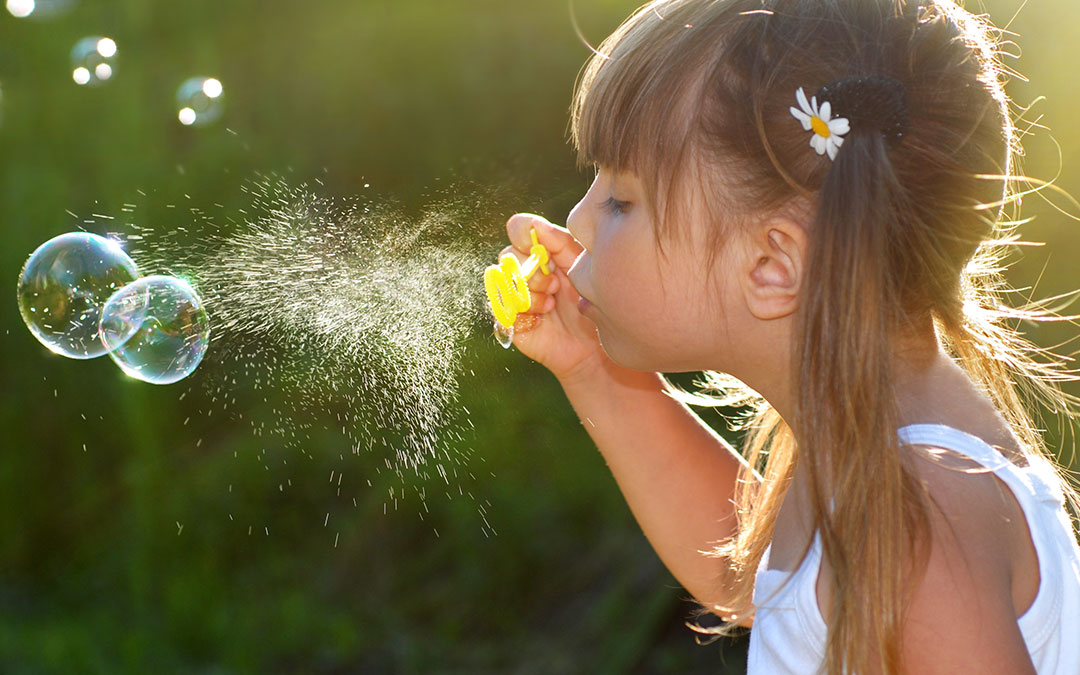Spring is here and Summer is coming! That means warmer weather, more time outside and more opportunities for traveling. The following are some tips to help in keeping you and your family healthy and safe:
Sun Safety
- Babies under 6 months should be kept out of direct sunlight as much as possible but when it cannot be avoided it is okay to apply a small amount of baby-safe sunscreen. Watch for any signs of allergic reaction (red, irritated or swollen skin in the area of application).
- Look for sunscreen made for children with an SPF of at least 15-30 that is labeled “broad-spectrum” and try to apply it 20-30 minutes before going out. Even sunscreen labeled as “waterproof” should be reapplied every 1.5-2 hours, especially if your child is spending a lot of time in the water. Avoid Oxybenzone ingredient if possible.
- American Academy of Dermatology comment on recent study of absorption of ingredients in sunscreen:
- Peak ultraviolet rays occur between 10 AM and 4 PM so it is best to try to avoid direct sun exposure during this time.
Insect Bites
- Remember that insect repellants prevent bites from biting insects but not stinging insects.
- DEET is the most effective insect repellant and can last anywhere from 2-5 hours depending on the concentration (ranging from less than 10% to more than 30%).
- The AAP recommends that DEET with concentration higher than 30% NOT be used in children and that no insect repellant be used in children less than 2 months of age.
- Use just enough repellant to cover your child’s clothing and exposed skin; to apply to the face spray a small amount on your hand and rub it on your child’s face.
- Avoid products that combine DEET with sunscreen because the DEET may make the SPF less effective and the sunscreen needs to be applied more frequently than the DEET.
- Products with Picaridin may be a good alternative to DEET; labeled to repel insect that carry West Nile
Travel
- For current information on car seat safety and choosing a car seat visit http://www.nhtsa.gov/Safety/CPS
- Proper hand-washing and cleaning of your baby’s pacifier, bottle and especially toys that fall on the ground goes a long way to prevent spread of infection.
- If you are planning to travel internationally consider meeting with your pediatrician a few weeks before leaving to make sure all age-appropriate vaccines are up to date and discuss if any other precautions are necessary depending on the location of your travel.
- Especially in developing countries, carefully choose food and drink for your child. In these places avoid buying food from street vendors as well as raw fruits and vegetables and raw or undercooked meat. Stick to drinking water that comes from treated sources. o For more details on international travel you can go to http://www.cdc.gov/travel (general information on health concerns with travel and an interactive international map for vaccine specifics). Includes info on MMR.
Remember that this is a good time to schedule your yearly checkup for your child due to the fact that there are typically fewer colds and other contagious illnesses in the clinic. This a good time for you to address any concerns you have as well as for your pediatrician to help with general wellness, development and prevention.

